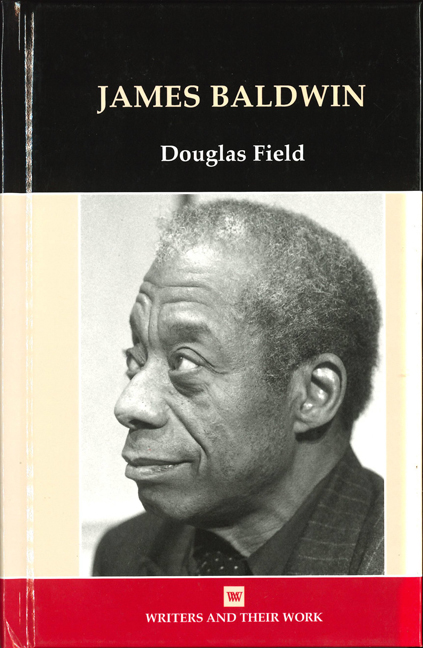Book contents
Conclusion
Summary
As Carol Henderson has recently pointed out, there has been something of a ‘renaissance’ in Baldwin studies since the end of the 1990s. In 1999 Dwight McBride edited a pioneering volume of essays, James Baldwin Now, which argued for the importance of viewing the late writer's work in its complexity, challenging earlier critical narratives that had viewed Baldwin as either black or gay, American or African American. McBride's collection was followed by D. Quentin Miller's wide ranging collection, Re-Viewing James Baldwin: Things Not Seen (2000). More recent works include Lynne Scott's James Baldwin's Later Fiction: Witness to the Journey (2002), a much needed rejoinder to the lazy critical orthodoxy that overlooks Baldwin's last three novels. Baldwin's influence on other African American writers is reflected in James Baldwin and Toni Morrison: Comparative and Critical Essays, edited by Lynn Scott and Lovalerie King (2006), a volume which sheds light on each writer, exploring how their works diverge and converge. In 2008 Magdalena Zaborowska's award-winning book, James Baldwin's Turkish Decade: Erotics of Exile broke new ground by exploring Baldwin's interrupted ten years in Turkey, urging the importance of seeing Baldwin outside of the familiar North American and European critical framework. That year, Herb Boyd's, Baldwin's Harlem: A Biography of James Baldwin mapped out his relationship to Harlem, the place of his childhood. Clarence Hardy's James Baldwin's God: Sex, Hope and Crisis in Black Holiness Culture (2009) provided a useful framework for understanding Baldwin's relationship to the Holiness church. Surprisingly, this is the first book devoted to a study of the writer's theological concerns. My own edited collection, A Historical Guide to James Baldwin (2009) stresses the importance of viewing the author through the four decades he worked as a writer, exploring his religious, queer, transatlantic and political identities. Finally, a new volume of Baldwin's has appeared that includes book reviews and articles. The Cross of Redemption: Uncollected Writings (2010), edited by Randall Kenan, alongside The Price of the Ticket: Collected Nonfiction, 1948–1985 (1985) and the 1998 Library of America, Collected Essays, shows the extent of Baldwin's output, with essays on topics ranging from black English, his Harlem youth, Shakespeare and on white liberalism.
- Type
- Chapter
- Information
- James Baldwin , pp. 86 - 90Publisher: Liverpool University PressPrint publication year: 2011



